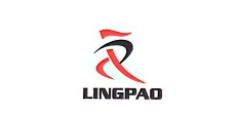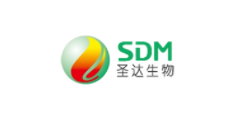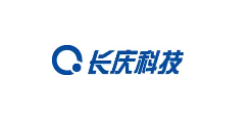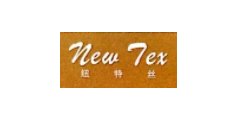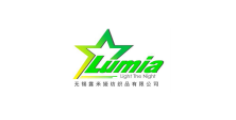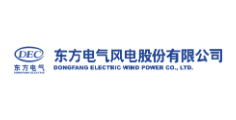标准号:ISO 16010-2005
中文标准名称:弹性密封件.传送气体燃料和烃类液体的管和配件用密封件的材料要求
英文标准名称:Elastomeric seals - Material requirements for seals used in pipes and fittings carrying gaseous fuels and hydrocarbon fluids
标准类型:J22
发布日期:1999/12/31 12:00:00
实施日期:1999/12/31 12:00:00
中国标准分类号:J22
国际标准分类号:83.140.50
适用范围:This International Standard specifies requirements for elastomeric materials used in seals for supply pipes and fittings, ancillaries and valves at operating temperatures in general from -5 ℃ up to 50 ℃ and in special cases from -15 ℃ up to 50 ℃, for the following:
a) general applications (see Table 4, type G series):
— gaseous fuel [manufactured, natural and liquefied petroleum gas (LPG) in the gaseous phase],
— hydrocarbon fluids with an aromatic content up to 30 % (by volume), including LPG in the liquid phase;
b) special applications (see Table 4, type H):
— materials suitable for carrying gaseous fuels containing gas condensates and hydrocarbon fluids of unrestricted aromatic content.
General requirements for finished joint seals are also given; any additional requirements called for by the particular application are specified in the relevant product standards, taking into account that the performance of pipe joints is a function of the seal material properties, seal geometry and pipe joint design. This International Standard should be used where appropriate with product standards which specify performance requirements for joints.
This International Standard is applicable to joint seals for all pipeline materials, including iron, steel, copper and plastics.
In the case of composite sealing rings, the requirements in 4.2.8 and 4.2.9 apply only when the materials used for any elastomeric parts come into contact with gaseous fuel or hydrocarbon fluid.
Elongation at break, tensile strength, compression set and stress relaxation requirements for materials of hardness classes 80 and 90 apply only when they constitute that part of the seal which participates directly in the sealing function or contributes directly to long-term stability.
This International Standard is not applicable to the following:
— seals made from cellular materials;
— seals with enclosed voids as part of their design;
— seals required to be resistant to flame or to thermal stress;
— seals which contain splices joining pre-vulcanized profile ends.
ISO 16010-2005 弹性密封件.传送气体燃料和烃类液体的管和配件用密封件的材料要求
百检网 2021-07-20
百检能给您带来哪些改变?
1、检测行业全覆盖,满足不同的检测;
2、实验室全覆盖,就近分配本地化检测;
3、工程师一对一服务,让检测更精准;
4、免费初检,初检不收取检测费用;
5、自助下单 快递免费上门取样;
6、周期短,费用低,服务周到;
7、拥有CMA、CNAS、CAL等权威资质;
8、检测报告权威有效、中国通用;
客户案例展示
版权与免责声明
①本网注名来源于“互联网”的所有作品,版权归原作者或者来源机构所有,如果有涉及作品内容、版权等问题,请在作品发表之日起一个月内与本网联系,联系邮箱service@baijiantest.com,否则视为默认百检网有权进行转载。
②本网注名来源于“百检网”的所有作品,版权归百检网所有,未经本网授权不得转载、摘编或利用其它方式使用。想要转载本网作品,请联系:service@baijiantest.com。已获本网授权的作品,应在授权范围内使用,并注明"来源:百检网"。违者本网将追究相关法律责任。
③本网所载作品仅代表作者独立观点,不代表百检立场,用户需作出独立判断,如有异议或投诉,请联系service@baijiantest.com

